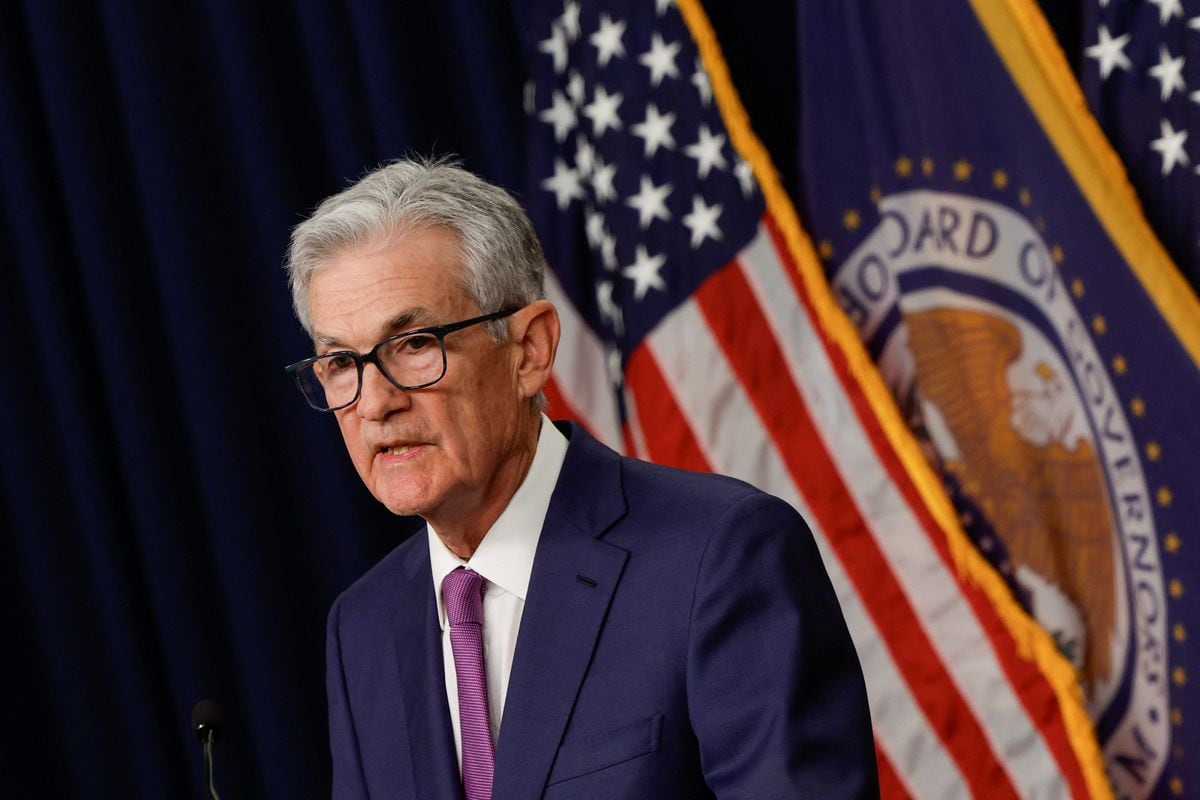Rising obesity rates will cost the global economy 3.3% of its GDP by 2060, particularly slowing development in low-income countries, according to a new study released Wednesday.
This work, published in the journal BMJ Global Health, provides for the first time a global estimate of the economic impact of obesity, while including differences by country.
This disease, defined by a body mass index (BMI) greater than 30 in adults (greater than 25 for overweight), can lead to heart disease, diabetes, or cancer.
Globally, “
nearly two-thirds of adults now live overweight or obese.
And we anticipate that this will be the case for three out of four adults in 2060
said the study's lead author, Rachel Nugent, on the sidelines of the UN General Assembly.
Currently, obesity costs the equivalent of 2.2% of global GDP annually.
The greatest increases are expected in countries with the fewest resources.
China, the United States and India will register the highest cost in absolute figures, with 10,000 billion dollars, 2,500 billion, and 850 billion dollars respectively annually by 2060. But in proportion to their economy, the countries most affected include the United Arab Emirates, where obesity will cost 11% of GDP, and Trinidad and Tobago (10.2%).
The report analyzed both direct (medical care) and indirect (premature death, loss of productivity, etc.) costs.
Possible answers
The growth of a country's population and economy are major drivers of the prevalence of obesity.
As countries get richer, diets change to include more processed foods.
In some countries, the aging of the population is also a key factor, as older people find it more difficult to lose weight.
Read alsoA promising new treatment for obesity
There are many possible answers, according to Francesco Branca of the World Health Organization (WHO).
"
Pricing policies, for example, that would charge more for foods that contribute the most to obesity, such as very fatty or sugary products
," he explained.
Other measures: labeling that better informs the consumer, more prevention and better access to treatment.
The report points out that the economic cost of obesity "
is not attributable to individual behaviors
", but rather results from the influence of social and commercial priorities.
"
We need to recognize that obesity is a complex disease (...) and stop blaming individuals, stop the stigma
concluded Simon Barquera, from the Center for Health and Nutrition Research in Mexico.















